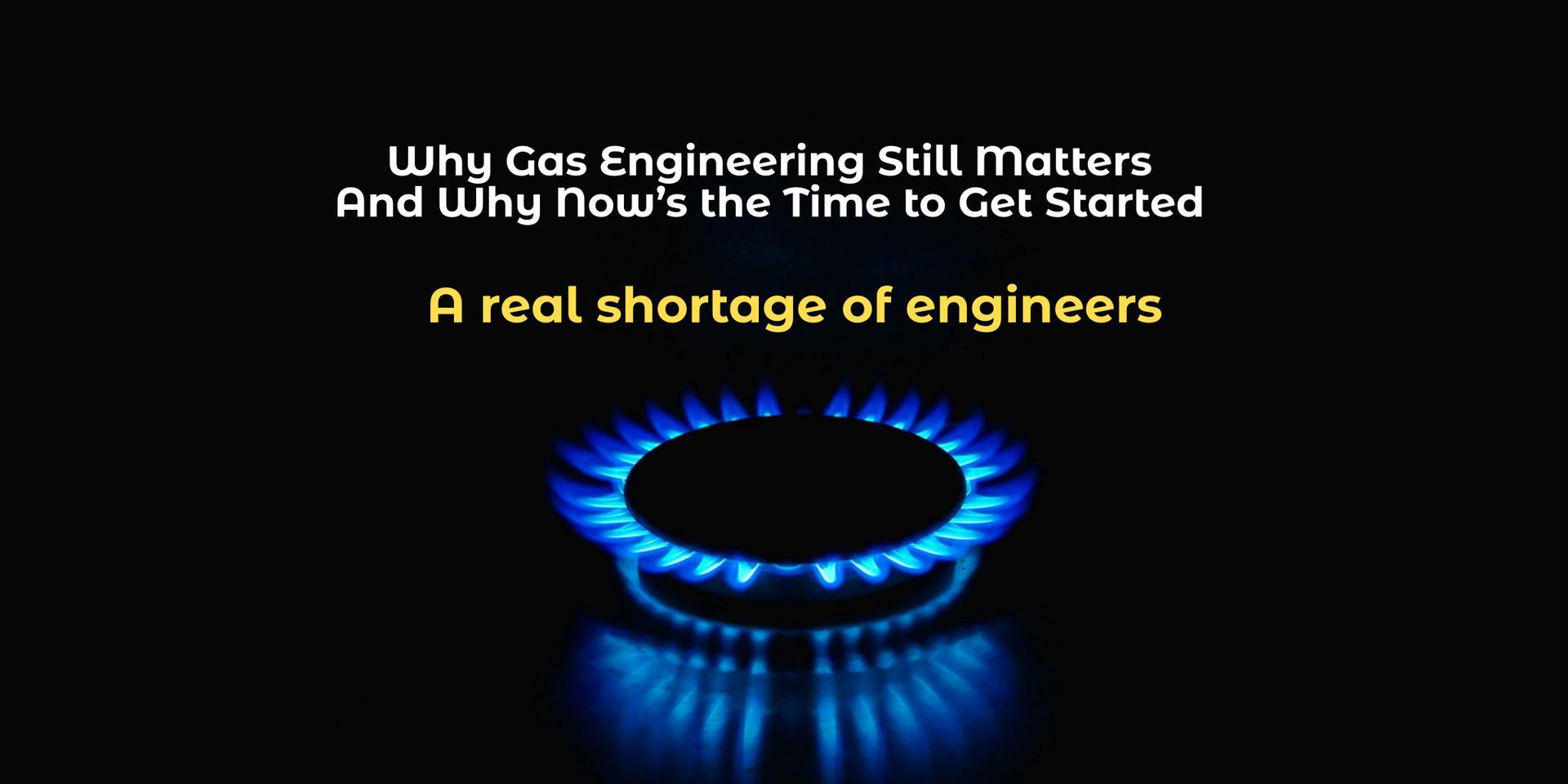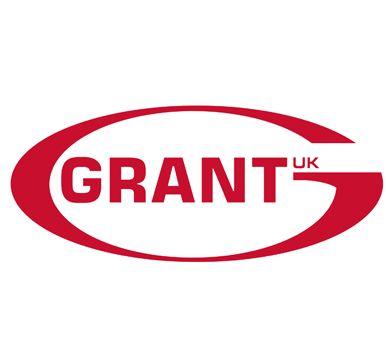The prospect of huge gas and electricity bills means that households are looking for ways to cut energy costs this winter. Here are our top tips.
Just a month ago we were warned of ‘catastrophic’ gas and electricity price rises after already seeing energy costs increase massively this year. Thankfully the government has stepped in by capping wholesale costs but as a country, we are looking for ways to cut energy costs this winter.
The UK’s energy bills were expected to jump by 80% this month; this is determined by wholesale prices, which shot up after energy consumption increased after Covid-19 and supplies from Russia were cut due to the war in Ukraine.
The UK regulator
Ofgem controls how much these wholesale prices are passed on to customers in the form of four price caps per year. This cap limits the amount households have to pay per unit of kilowatt hours they use.
With the real threat of millions of people falling into energy poverty, the government announced its ‘energy price guarantee’ for households and ‘energy bill relief scheme’, designed to ensure that people pay less than half the amount that was predicted.
However, this does not mean that we are out of the woods yet. Gas and electricity prices are still far higher than last year and the cost of living crisis is hitting almost everyone. Therefore it makes sense that we look for ways to cut energy costs this winter.
Here are our top tips
Cut energy costs this winter – turn down the thermostat by one degree
It doesn’t sound like much – you’ll barely notice the difference when it comes to your heating – but turning down your thermostat from 20C to 19C can reduce your heating bill by around 10%!
Also make sure you utilise your thermostatic radiators and turn off heating in unused rooms.
Cut energy costs this winter – insulate your home
Cut energy costs this winter – change your routine
We all have our habits; one of yours might be automatically sticking the washing on at 40C without thinking. However, a 30C degree wash will save your 40% of your usual energy usage every year. Get into the routine of only washing full loads and you’ll save even more.
It’s not always easy but try to air dry your clothes rather than using an electricity-guzzling tumble dryer. You can buy heated clothes airers to help them dry even when the heating isn’t on.
Cut energy costs this winter – unplug your gadgets
It’s a simple change but all those appliances and gadgets left on standby – known as the ‘phantom load’ - add unnecessary costs to your already expensive energy bills. Unplug your phone charger, turn off appliances at the mains, turn off lights when you leave the room – it all makes a difference.
Cut energy costs this winter – change the way you cook
Are you cooking efficiently? Slow cookers, air fryers and microwaves can save money in comparison to cooking using an electricity, gas or dual fuel oven. Research showed that cooking using a microwave is the cheapest option overall.
There are other ways you can be more efficient in the kitchen, such as batch cooking and simmering rather than boiling water.
Cut energy costs this winter – take a shower
It’s simple – the less water you heat, the less energy you use. Taking a five minute shower rather than a hot bath uses approximately one third of the water.
Cut energy costs this winter – look after your boiler
Many of us are now loathe to turn the heating on unless absolutely necessary but this means it’s more important than ever to take care of your boiler. Ensure it is regularly serviced to minimise the chance of any faults occurring when you need it most.
If your boiler desperately needs replacing, it is well worth checking to see whether you are eligible for any grants or discounts. Invest in an energy-efficient model and make sure that it has been installed correctly. Always use a Gas Safe registered engineer; anyone who isn’t on the register is operating illegally.

























